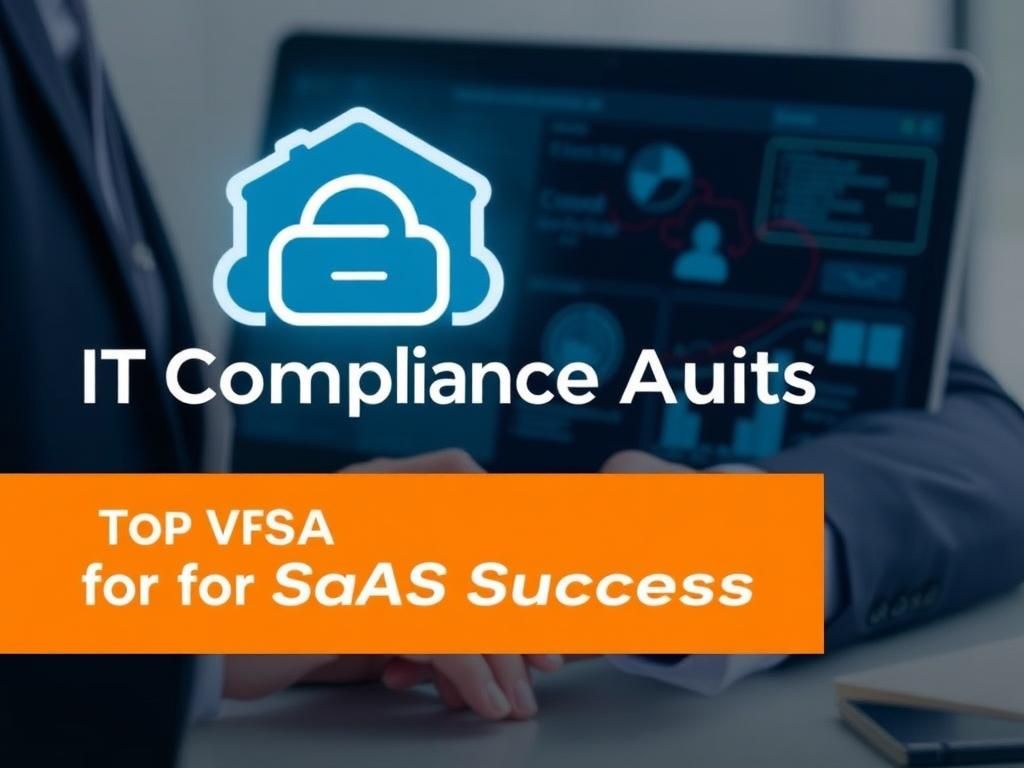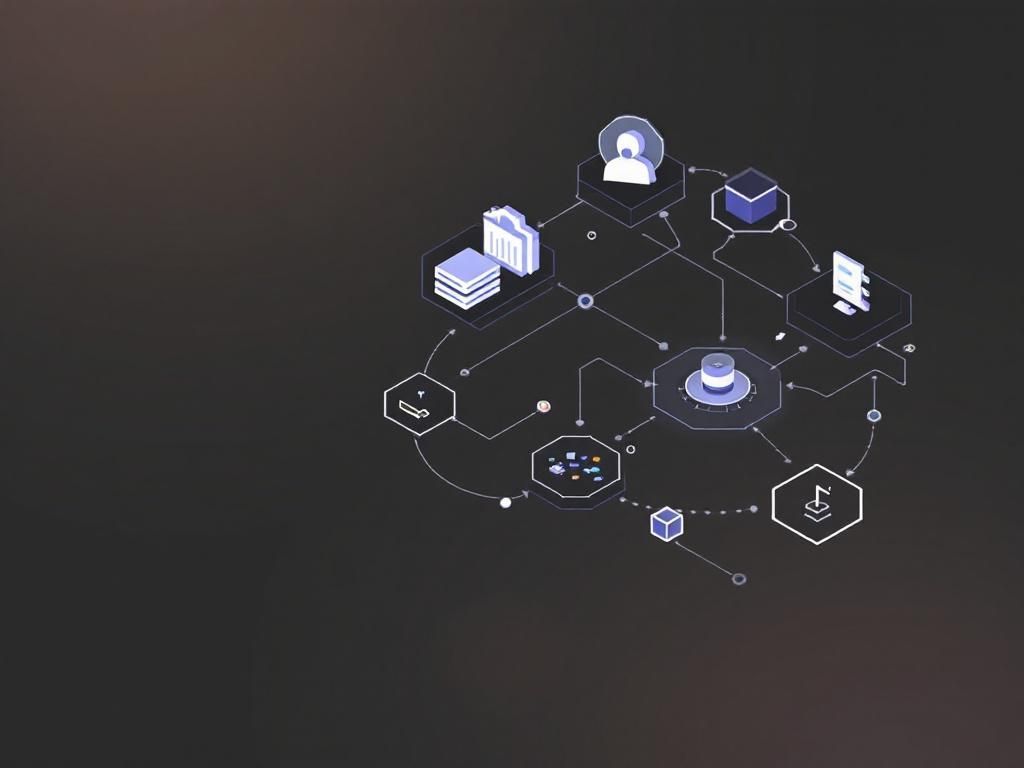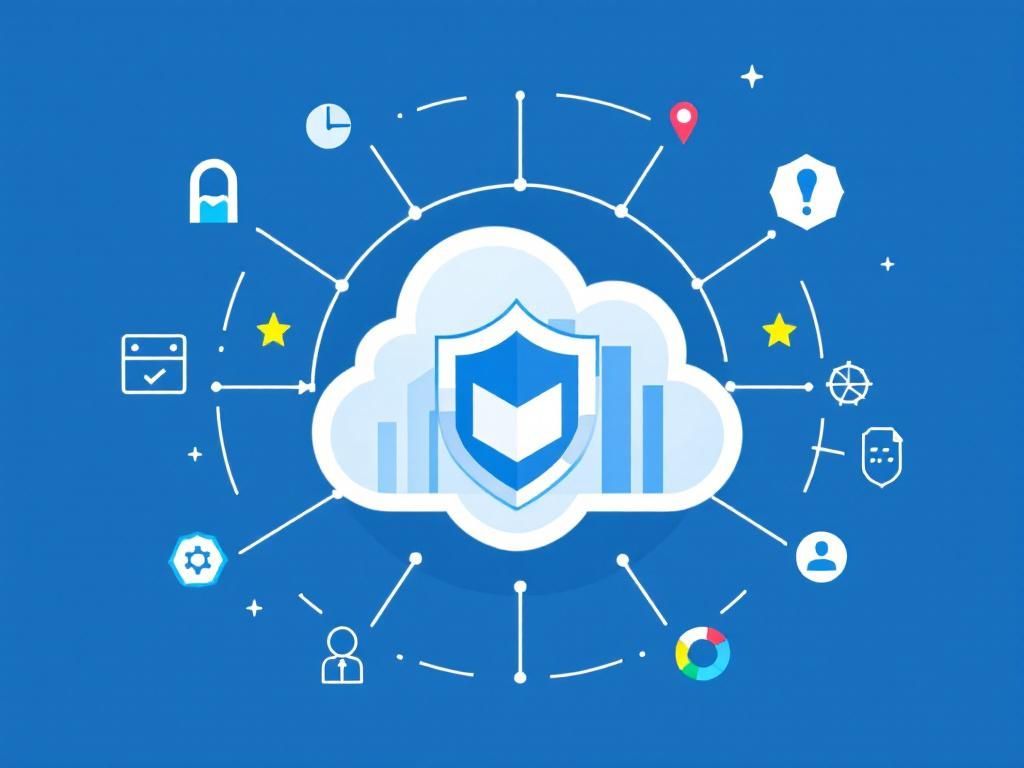Essential IT Compliance Audits for SaaS Success
Discover the top IT compliance audits every SaaS company needs to ensure success and maintain trust with customers.

In the rapidly evolving landscape of Software as a Service (SaaS), ensuring compliance with industry standards and regulations is crucial for success. As businesses increasingly rely on cloud-based solutions, the importance of IT compliance audits cannot be overstated. These audits serve as a framework to assess the security, privacy, and reliability of services offered by SaaS providers. This article will explore various IT compliance audits that are vital for achieving SaaS success, detailing their significance, process, and impact on business operations.
Table of Contents
Understanding IT Compliance Audits
IT compliance audits are systematic evaluations of an organization’s information systems, processes, and controls to ensure adherence to relevant laws, regulations, and internal policies. In the context of SaaS, these audits are particularly essential due to the sensitivity of data handled and the potential risks involved in cloud computing.
The Importance of IT Compliance in SaaS
- Risk Management: Identifying vulnerabilities and mitigating risks associated with data breaches and non-compliance.
- Customer Trust: Building confidence among customers by demonstrating commitment to security and privacy.
- Regulatory Adherence: Ensuring compliance with laws such as GDPR, HIPAA, and PCI-DSS.
- Competitive Advantage: Differentiating services in a crowded market by showcasing compliance certifications.
Key IT Compliance Audits for SaaS Providers
Various compliance audits are critical for SaaS organizations. Below are some of the most significant ones:
1. SOC 2 (System and Organization Controls)
SOC 2 is a crucial framework designed for service providers that store customer data in the cloud. This audit evaluates an organization based on five trust service criteria: security, availability, processing integrity, confidentiality, and privacy.
Benefits of SOC 2 Compliance
- Demonstrates commitment to data security.
- Enhances operational efficiency.
- Improves customer satisfaction.
2. ISO 27001
ISO 27001 is an international standard for information security management systems (ISMS). It provides a systematic approach to managing sensitive company information to keep it secure.
Key Elements of ISO 27001
| Element | Description |
|---|---|
| Risk Assessment | Identifying and evaluating information security risks. |
| Security Controls | Implementing measures to mitigate identified risks. |
| Continuous Improvement | Regularly reviewing and enhancing security measures. |
3. GDPR (General Data Protection Regulation)
For SaaS businesses operating in or dealing with customers from the European Union, GDPR compliance is non-negotiable. It sets stringent requirements for the handling of personal data.
Core Principles of GDPR
- Lawfulness, Fairness, and Transparency: Data processing must be lawful and transparent.
- Purpose Limitation: Data should only be collected for specified purposes.
- Data Minimization: Only data necessary for the specified purposes should be collected.
4. HIPAA (Health Insurance Portability and Accountability Act)
SaaS providers dealing with healthcare data must comply with HIPAA regulations. This act establishes standards for protecting sensitive patient information.
Essential HIPAA Requirements
- Ensure the confidentiality and security of protected health information (PHI).
- Implement administrative, physical, and technical safeguards.
- Establish a breach notification protocol.
5. PCI DSS (Payment Card Industry Data Security Standard)
SaaS companies handling credit card transactions must comply with PCI DSS. This set of security standards aims to protect card information during and after a financial transaction.
Key PCI DSS Requirements
- Build and maintain a secure network.
- Protect cardholder data.
- Implement strong access control measures.
The Compliance Audit Process
Conducting an IT compliance audit involves several key steps. Understanding this process can help SaaS providers prepare effectively:
Step 1: Define Scope and Objectives
Clearly outline what areas of compliance will be assessed, focusing on specific regulations relevant to the organization.
Step 2: Collect and Analyze Documentation
Gather existing policies, procedures, and records related to compliance. Analyze these documents to determine current compliance status.
Step 3: Conduct Interviews and Surveys
Engage with employees and stakeholders to gain insights into practices and identify gaps in compliance.
Step 4: Perform Technical Assessments
Utilize tools and techniques to evaluate the security of systems and processes, identifying vulnerabilities and areas for improvement.
Step 5: Create an Audit Report
Document findings, highlighting areas of compliance and non-compliance, and provide actionable recommendations for improvements.
Conclusion
IT compliance audits are a foundational element for SaaS providers aiming for success in today’s data-driven economy. By understanding and implementing necessary compliance frameworks, organizations can enhance their security posture, build customer trust, and ultimately, improve their market position. As the landscape of regulations continues to evolve, embracing a proactive approach to compliance is not just advisable—it’s essential for thriving in the SaaS space.
FAQ
What are IT compliance audits for SaaS?
IT compliance audits for SaaS involve evaluating a software-as-a-service provider’s adherence to legal, regulatory, and industry standards to ensure data security and privacy.
Why are compliance audits important for SaaS businesses?
Compliance audits are crucial for SaaS businesses as they help identify vulnerabilities, ensure data protection, maintain customer trust, and avoid legal penalties.
What are the common standards used in SaaS compliance audits?
Common standards include ISO 27001, SOC 2, GDPR, HIPAA, and PCI DSS, which set the benchmark for security, privacy, and operational integrity.
How often should SaaS companies conduct compliance audits?
SaaS companies should conduct compliance audits at least annually or whenever there are significant changes in regulations, technology, or business practices.
What are the key benefits of IT compliance audits for SaaS providers?
Key benefits include improved security posture, enhanced customer confidence, reduced risk of data breaches, and a competitive advantage in the market.
How can a SaaS company prepare for a compliance audit?
A SaaS company can prepare for a compliance audit by conducting internal assessments, documenting policies and procedures, training staff, and ensuring all systems meet compliance standards.




